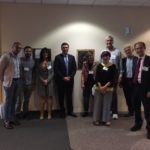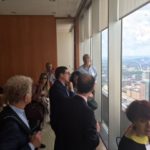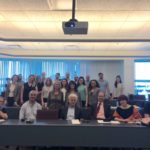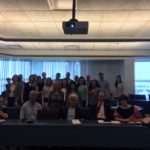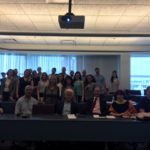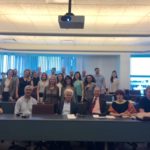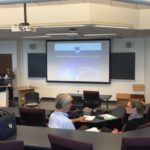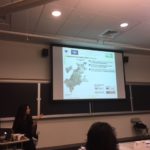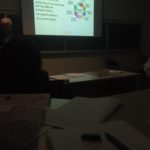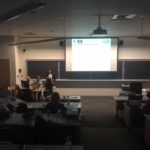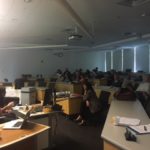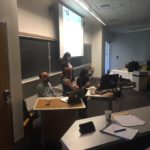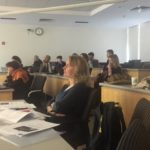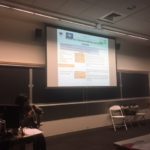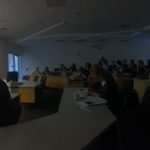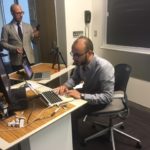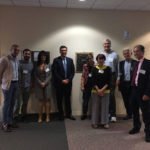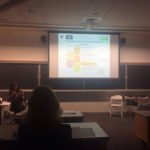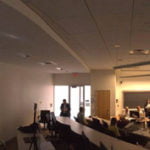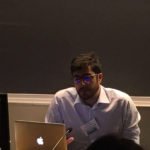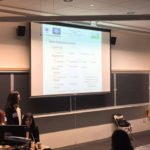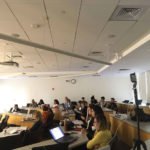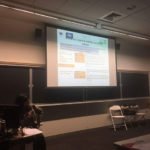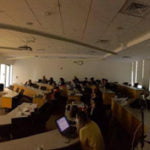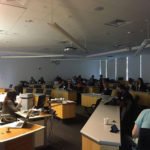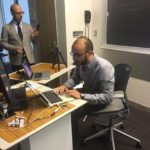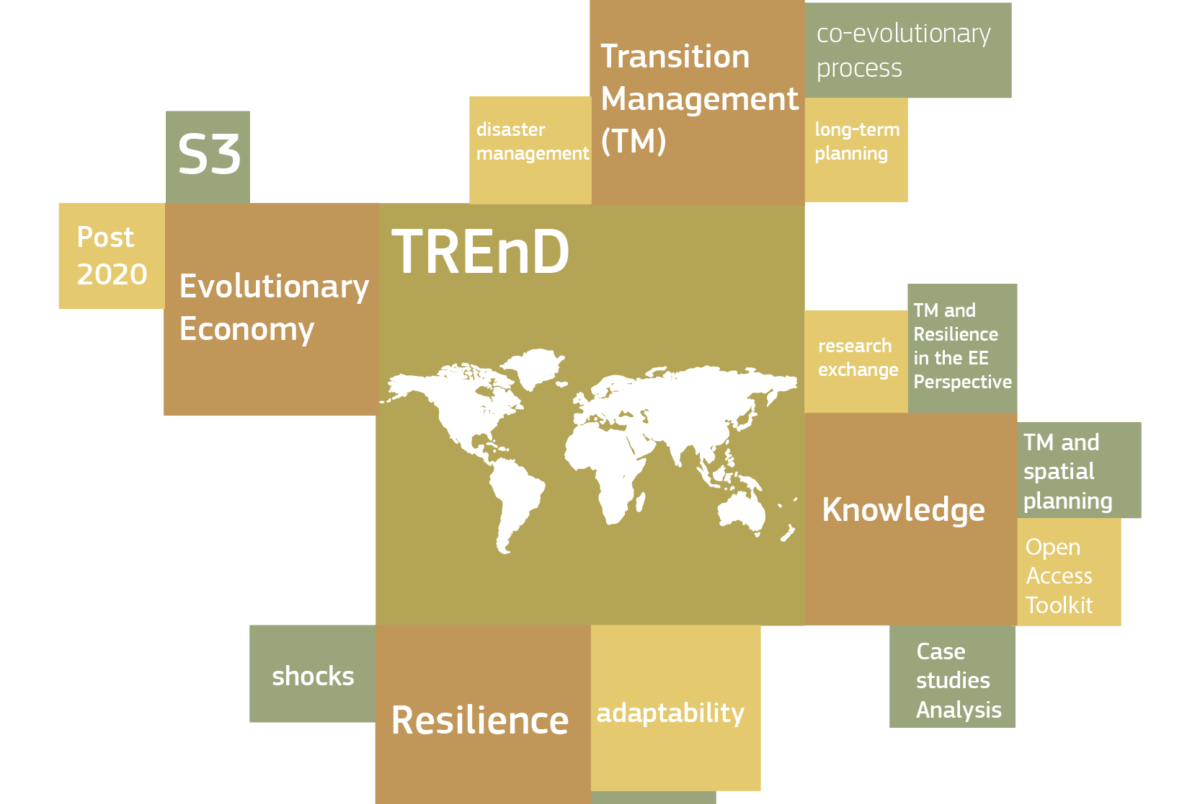
TREnD Project – First Assessment Meeting
October, 2019 – Boston (MA)
The TREnd First Assessment Meeting took place in Boston the 8th and 9th of October as scheduled after the Kick-Off meeting of the Project in Reggio Calabria. According with the Agenda the meeting was articulated in a two days session. The first day session centered on the research activities to carry on during the 1st WP in Boston and the second day session centered on the projects’ activities operative implementation and management aspects.
The first day session focused on the need to define an operative framework in order to facilitate the research activities to conduct in Boston by all the partners during the 1st WP of the TREnD Project.
The session was welcomed by Professor Robert Triest, Chair of the Northeastern Department of Economics. Based on his previous experience at the Federal Reserve of Boston on the topic of regional inequalities, his introduction focused on the historical “resilience” ability of Boston – and of Massachussets in general – to adapt to several shocks across time. In particular, the city of Boston, has shown in the last decades a high level degree of adaptability during the different socio-economic transition phases caused by national or local shocks. Each transition phase was characterized by the re-organization and re-design of development strategies. One of the clearest example reported concerned the Boston area education system. The current innovation ecosystem is the result of a long lasting process started with the need to have a highly skilled labour force for the industrial sector. It was the chance for the educational system to re-organize and offer technical-based programs attracting students from the entire state.
The discussion on the Boston and Massachussets resilience-centered ability to adapt to the different shocks resulted inspiring for the TREnD research activities framework definition, both for the study of last decades shocks’ identification and for the definition of a preliminary list of case studies to investigate starting from January. A preliminary desk research confirmed how the State of Massachussets has developed a Resilience State-wide Program with specific actions and specific tools to adopt. The cities above-mentioned have adopted resilience-based strategies with different aims and actions to undertake accordingly with their specific context situation. This material could result helpful for the definition of the cases’ selection criteria and the selection of case studies to analyze during the first WP in Boston according with each units’ research topics to investigate.
The Second day of the First Assessment meeting was dedicated to definition of the research activities framework to develop in Boston during the WP1 and to the management of the related secondments including the financial aspects.
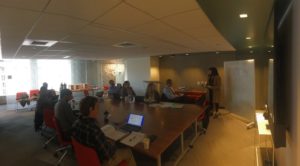
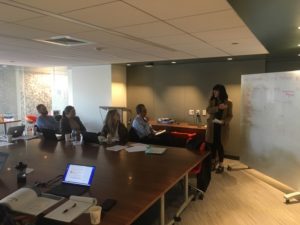

Geography of Innovation and Complexity – TREnD Project
September 5th, 2019 – Utrecht (Netherlands)
The TREnD First International Workshop is the second milestone (MS2) of the TREnD project. It took place during the Conference on the Geography of Innovation & Complexity (GIC), hosted by Utrecht University (UU, partner of the TREnD project) between the 2nd and 5th of September 2019, as scheduled during TREnD Kick-Off meeting in Reggio Calabria.
The aim of the meeting was defining the operative framework for the research activities to conduct in Boston during the 1st WP of the TREnD Project. The framework rests on the overall objective to reduce the gap between EU excellences and EU disparities by empowering the linkage between R&I and Cohesion Policies, namely Smart Specialisation Strategies, Horizon 2020 and Cohesion Policy.
Today, the challenge for the EU is how to sustain the prosperity of the core city/regions driving the EU economy and at the same reduce the gap between them and the less developed areas.

This challenge implies two considerations that match the research objective and the activities envisaged by the TREnD project. The first, relates to the Resilience/Transition Management/Evolutionary Economy perspective. Regions and cities’ ability to adapt and respond to external shocks and their ability to manage the transition are crucial for a more inclusive development trajectory. The second, relates with the need to promote and empower a different regional – and sub-regional – development based on the place-sensitive approach that merges the people-based and place-based approaches into a new vision aimed at empower Distributed Development Strategies where economic development strategies need to be adaptive and to maximise the diversity of people, firms and places involved.
Complexity workshop: https://complexity.world
Complexity workshop key lessons: https://medium.com/@tabea.sonnenschein/key-lessons-from-the-gic-2019-8ae3da45e0ef

TREnD Project Kickoff Meeting
June 24th/25th, 2019 – Reggio Calabria (Italy)
The Kick off meeting of TREnD PROJECT took place on June 24th and 25th, hosted by the Università Mediterranea of Reggio Calabria, Italy.
The Kick-off Meeting of TREnD allowed the knowledge transfer among partners, to facilitate the collaboration and knowledge sharing, information transfer, and ongoing results for a future uptake and to support building a better integrated approach in case studies selection.
The meeting aimed at facilitating the collaboration and knowledge sharing among project partners, both beneficiaries and Third Country (TC) academic organisation, and at creating synergies for effective project implementation. All project partners worked to identify common ground for collaboration, according with a multidisciplinary approach.
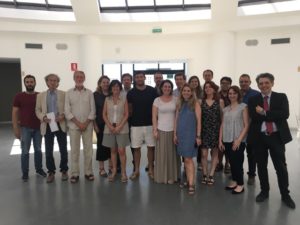
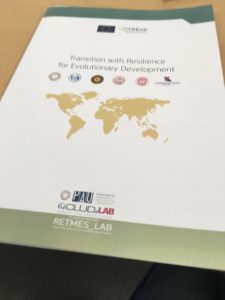
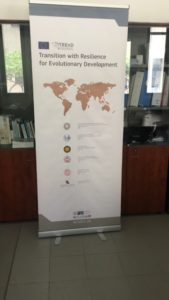
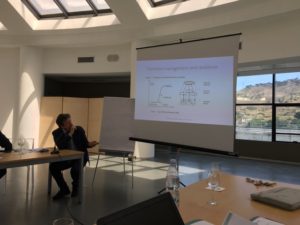
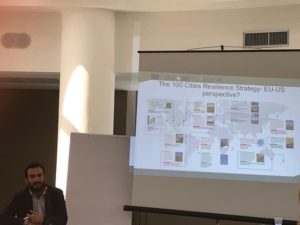
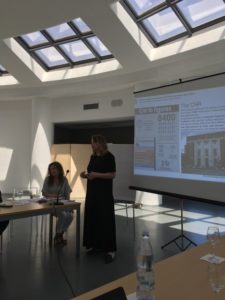

MAPS-LED Project Symposium 2018
The 3rd edition of the International Symposium “New Metropolitan Perspectives” aims at facing the challenges of Local Knowledge and Innovation dynamics towards territorial attractiveness through the implementation of the Horizon/EU2020 Agenda. The symposium is jointly promoted by CLUDsLab and LaborEst Laboratories of PAU Department, Università Mediterranea of Reggio Calabria (IT), in partnership with a qualified international network of prestigious academic institutions and scientific associations. It represents the conclusive event of the MAPS-LED Research Project (Multidisciplinary Approach to Plan Smart Specialisation Strategies for Local Economic Development) funded by the European Union’s Horizon 2020 Research and Innovation Programme, under the Marie Skłodowska Curie Actions – RISE 2014/2019. The main aim of RISE Actions is to favor the mobility of Experienced and Early Stage Researchers between Europe, Associated and Third Countries.
The project empowers the strong international research network built up with the CLUDs Project (7FP) through the exchange of researchers, ideas and practices between EU and US. To date, about 40 experienced and early stage researchers benefited of from the Project mobility towards US, at the Northeastern University of Boston, and the San Diego State University and vice-versa. The researchers, coming from the Higher Education Institutions (HEIs) belonging to the MAPS-LED network, had the opportunity to increase their research, training and networking skills thanks to the high exposure to the international scientific community.
The MAPS-LED Symposium represents a fundamental event to disseminate research findings and for stimulating a fruitful debate among scientific and policy-makers’ community. The core of the research activities has earmarked for exploring how Smart Specialisation Strategies (S3) can be implemented by incorporating the place-based approach towards regenerating local economies.
The results coming from the MAPS-LED project research activities stimulated the scientific ground around key elements triggering the change through S3; as well as, the understanding of its (current and potential) limits. The participation of international experts involved in the S3 design and the RIS3 implementation, in addition to the academic contributions coming from different disciplines, highlighted the potentials of the projects’ proposed ‘multidisciplinary approach’, allowing to boost up knowledge convergence in an a-sectorial rationale.
The Symposium represents the opportunity to the development of innovation-oriented models for the exploitation and valorization of local assets involving different disciplines and in on a multilevel governance perspective. The contribution offered through the symposium, by either enriching the academic debate and providing evidence-based solutions for the implementation of economic development strategies, is attributed by wide scope and marked cross-cutting dimension.
The structure of the symposium is reflected on a multidisciplinary scale, each session presents topics and arguments which are, to some extent, ingrained within overall framework of the MAPS-LED project, while they are expected to open up windows of opportunity for further studies and research.
Consistently, the Symposium focuses on analyzing, at different scales and under numerous perspectives, the strategies, objectives, and impacts of local economic development and innovation processes, to achieve a smart sustainable and inclusive growth.
Summing-up, the Symposium, and the contributions to its sessions, manifest the effort to re-proposing the multidisciplinary approach implemented within the MAPS-LED research project in a conference-based-dimension.
The participation to the Symposium of international experts as well as academics from different disciplines provides interesting insights for the RIS3 evaluation and monitoring processes for the post 2020 programming period. The multidisciplinary approach to plan smart specialisation strategies proposed with the MAPS-LED project emerged as crucial to properly pursue the local economic development in the S3 perspective. Hence, the MAPS-LED project appears at forefront into this research domain.
WEB
http://www.isth2020.unirc.it
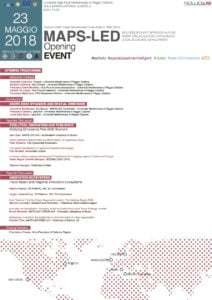
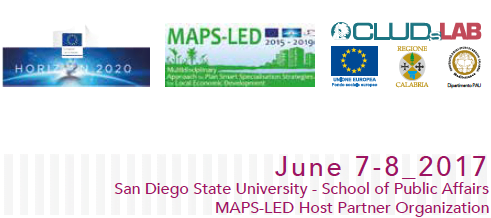
MAPS-LED Project – Second Midterm Meeting
San Diego, CA, USA June 2017
S3: CLUSTER POLICY & SPATIAL PLANNING
The midterm meeting presents the findings of research conducted on the spatial/territorial dimension of Smart Specialisation Strategies. In particular, the discussion will integrate the preliminary findings of research activities accomplished during the first year of the MAPS-LED Project to search, across the whole domain of innovation policy and its practical expression, a methodological framework in which the “place” acquired a specific connotation in designing “tailored policy” for innovation and knowledge spillovers. A new approach, for the urban dimension issue within cohesion policy, is presented combining trough knowledge based urban development principles with urban regeneration mechanism in designing innovation policy from urban to regional level.
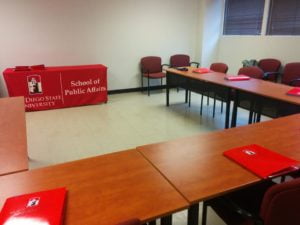
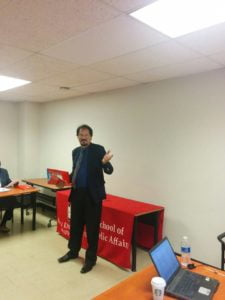
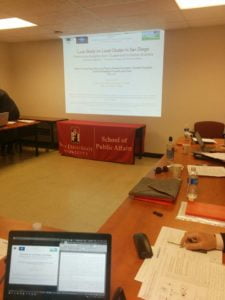
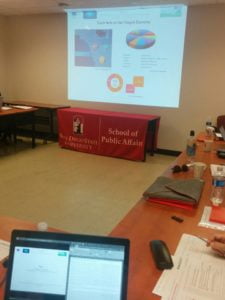
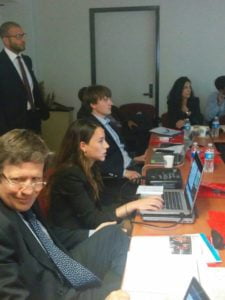
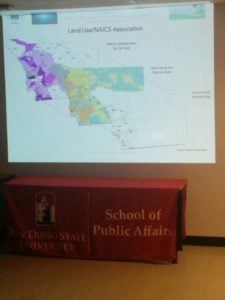
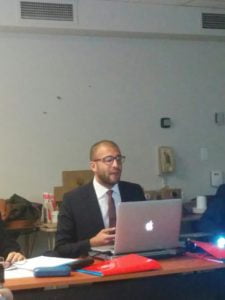
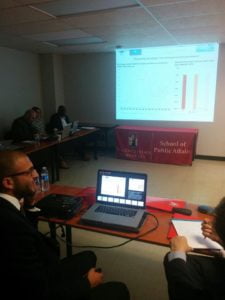
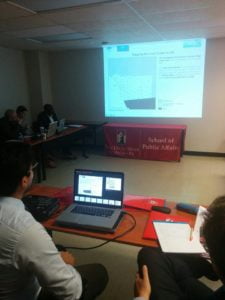
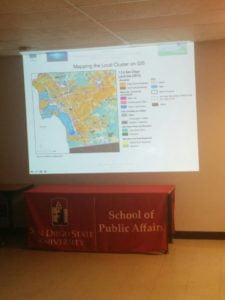



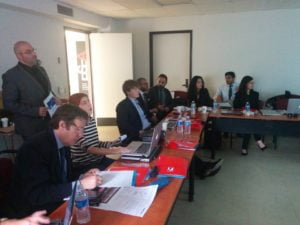
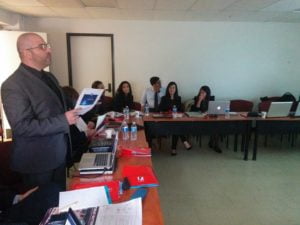
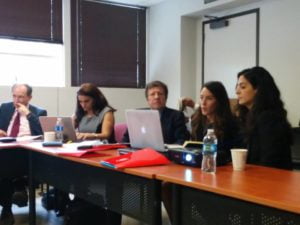
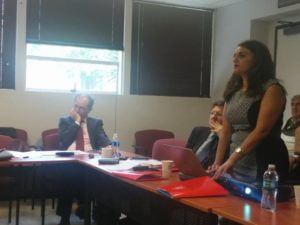
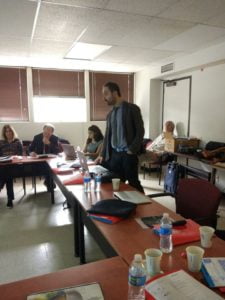
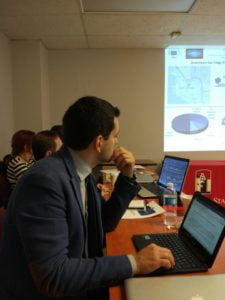
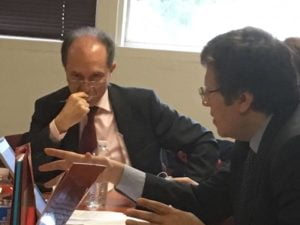
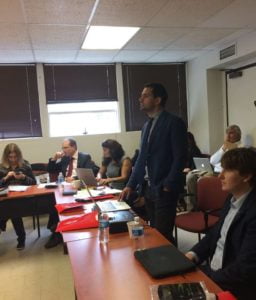
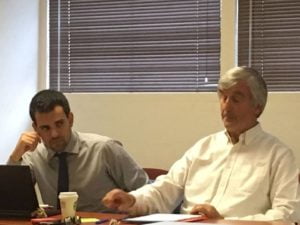
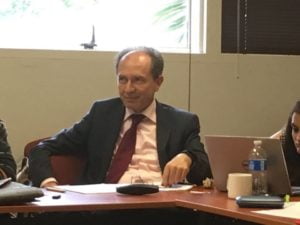
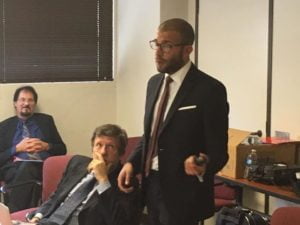
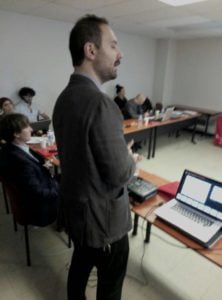
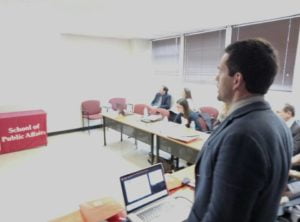
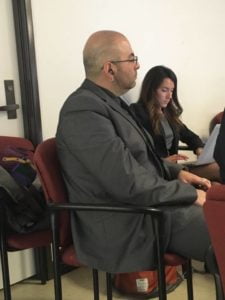
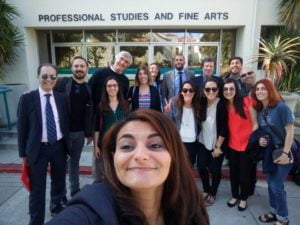
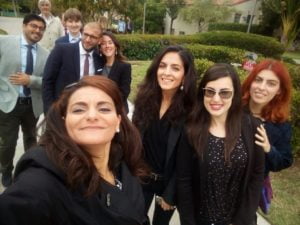
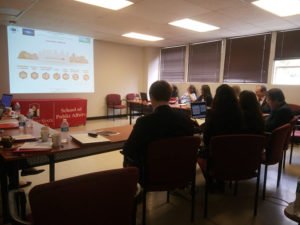
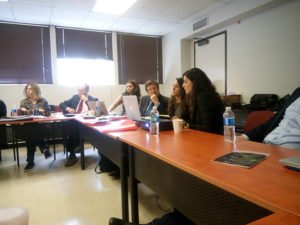
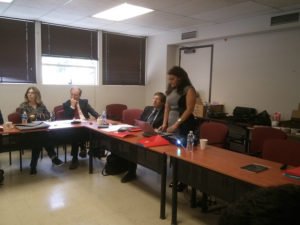
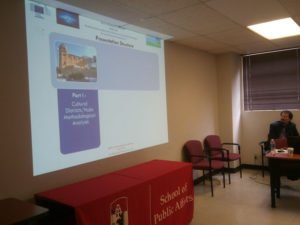
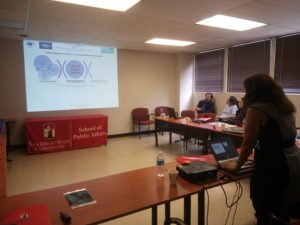
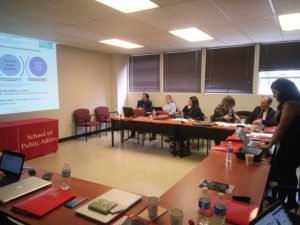
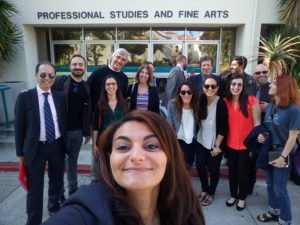

MAPS-LED Project – Second International Workshop
Manchester, UK, September 2017
The MAPS-LED Second International Workshop is a milestone of the wider MAPS-LED project. It took place during the International Research Week hosted by the University of Salford (SOBE partner of the MAPS-LED project) between the 11th and 15th of September 2017. The aim of the workshop was to disseminate the results of the research activities – conducted in Boston and San Diego- and enhance the potential impact of the research by involving external experts and potential local users in the mid-term assessment stages of the research process. The research activities focused on the urban dimension of innovation and how public policies support local innovation ecosystems and entrepreneurial knowledge within the (local) clusters. These elements play a central role in US socio-economic and physical transformation, favoring knowledge-based urban regeneration processes. This new approach was outlined by the MAPS-LED experienced and early stage researchers’ contributions and presentations during the Workshop, which saw the participation of the MAPS-LED project partners, the international academic community and local and national stakeholders from the United Kingdom and other EU countries.
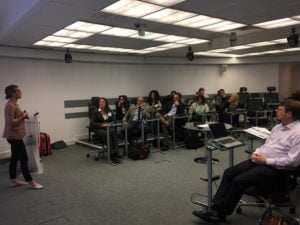
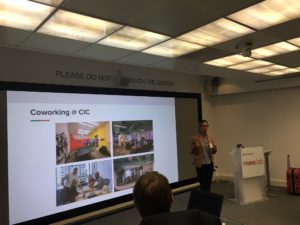
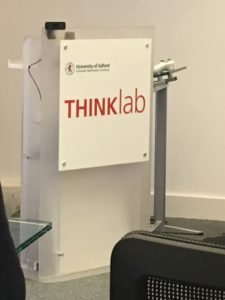
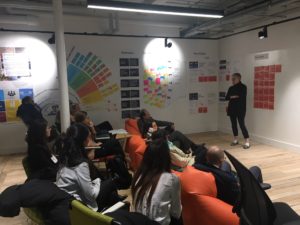

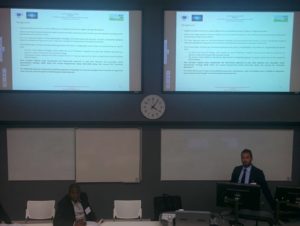
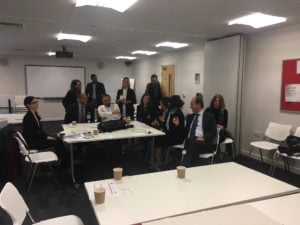
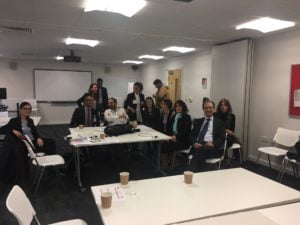
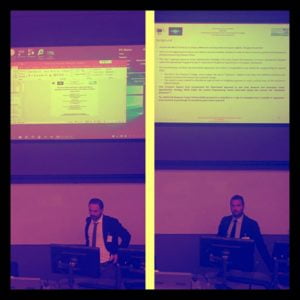
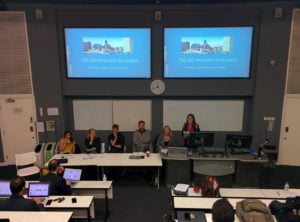
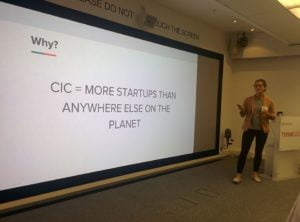
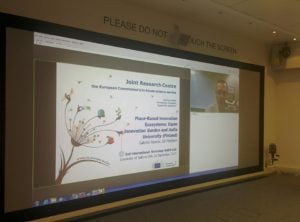
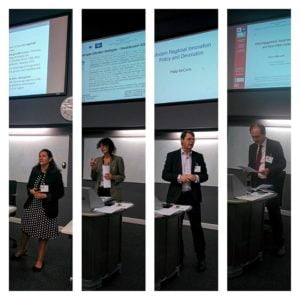
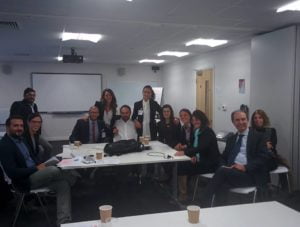
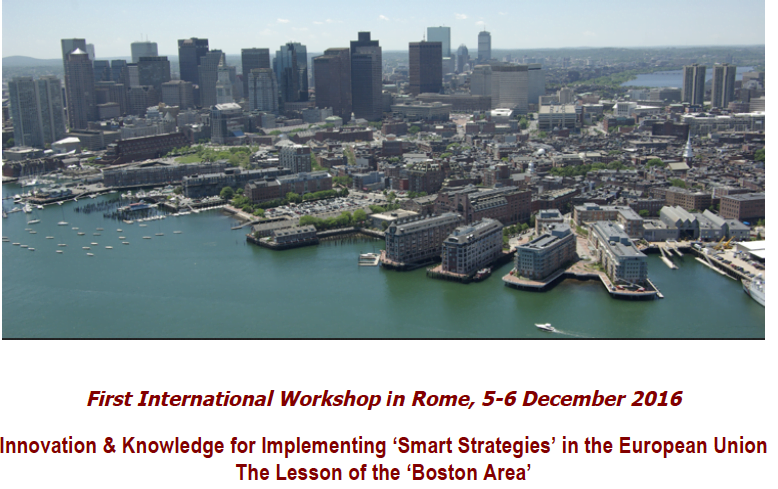
MAPSLED Project – First International Workshop
Rome, 3-4 December 2016
The Workshop is specifically oriented in delivering critical reflections and significant contributions for the development of the main goals of MAPS-LED research project. In particular, crucial, in depth contributions and dialectic positions are expected to be presented and discussed – within sessions and round tables – by distinguished invited experts and numerous stakeholders, in order to build significant connections between the Greater Boston case findings and the virtuous interpretation of Smart Specialization Strategies and Cluster policies in the European territorial context.
Critical contributions, discussions, comments and remarks emerging from presentations and debates will be finalized to the construction of WP2 deliverables, and in particular to the 2nd MidTerm Scientific Report ‘Book of lessons learnt on successful clusters from the Boston cases’
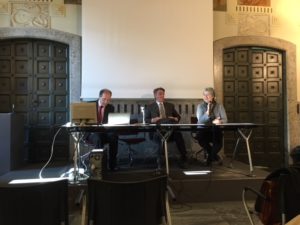
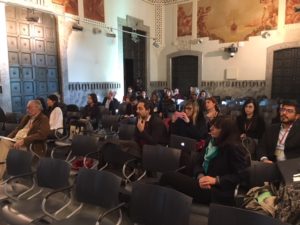
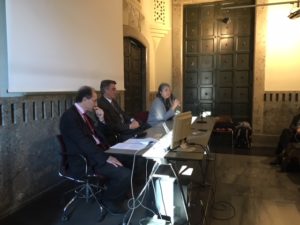
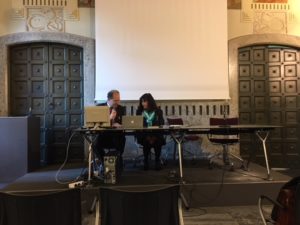
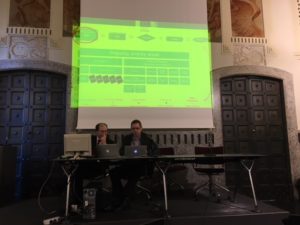
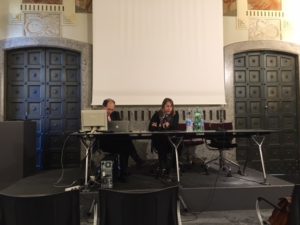
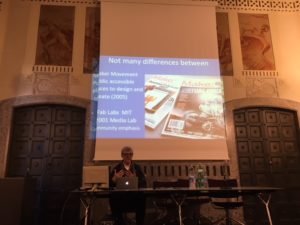
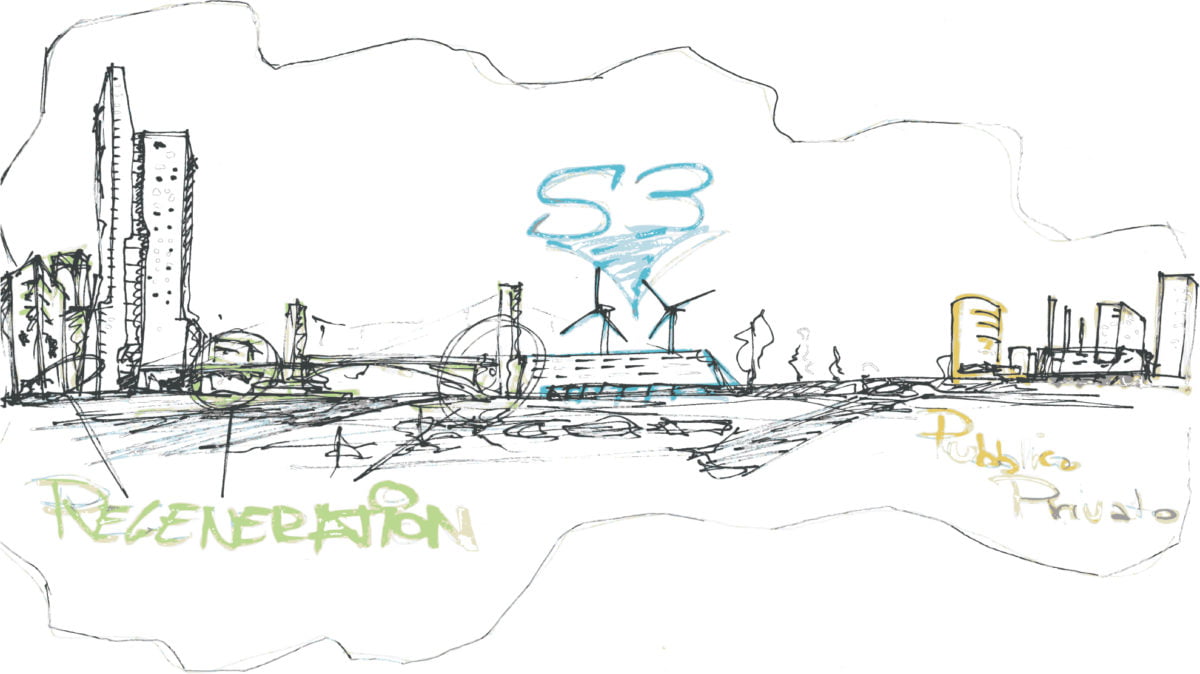
URED Seminar – Research and Territory
2° Seminar on the research activity of the PAU Department Laboratories
University Mediterranea of Reggio Calabria
Dipartimento PAU Conference Room
Wednesday 27th of November 2019
The second Seminar on the research activity of the PAU Department Laboratories continues the series of six-monthly meetings aimed at the presentation and dissemination of research in progress or being implemented in the Laboratories of the Department.
The initiative aims at being an opportunity to spread the research activities being carried out within the Department and the academic community, also calling the external partners: Institutions, Entities, Companies, Associations, Freelancers, which through conventions, agreements and collaborations, contribute or can contribute to the performance of the planned activities with the Heads of the Laboratories and the members of the respective Scientific Councils.
The meeting also aims at pursuing new possible forms of collaboration with other research facilities of the University and with all institutional and non-institutional entities, which can make use of the services offered by the research laboratories in their multidisciplinary for a more widespread and effective cross-units cooperation, which the newly established Research Network of the University intends to promote and strengthen.
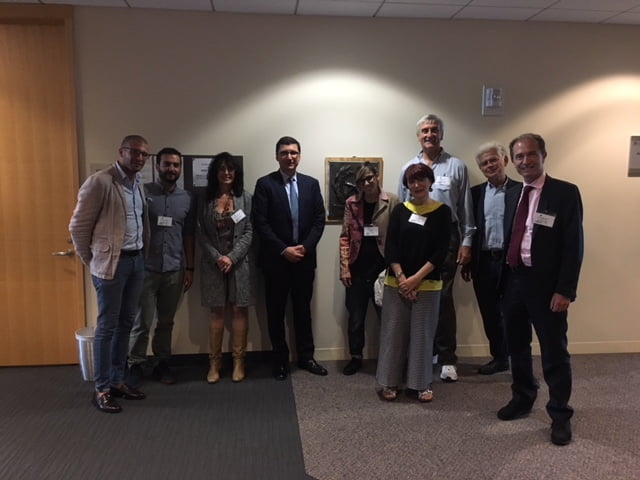
MAPS-LED Project – First Mid-Term Meeting
June 2016, Boston (MA)
The MAPS-LED First Mid Term Meeting took place in Boston at Northeastern University – Department of Economics on the 6th and 7th of June 2016. The meeting was developed in coherence with the planned activities of the MAPS-LED Research Project – Horizon 2020 Marie Sklodowska-Curie RISE 2014.
The event saw the participation of the European Commission represented by Ms. Desislava Kolarova Project adviser for the European Commission REA, Unit A3.
Experienced and Early Stage Researchers belonging to the International Research Network of the Project reported about the research activities conducted on the Working Package No. 1 (S3: Research and Innovation Strategy) and No. 2 (S3: Cluster Policy and Spatial Planning).
The meeting has been crucial in exchange ideas and gather new insights about the Smart Specialisation Strategies and Clusters which were the two topics analysed. Researchers introduced interesting insights about the relationship between Smart Specialisation Strategies, Cluster policy and Spatial Planning presenting the studied Cluster Policy Initiatives

CLUDsLab – Welcome PAU – Laboratori Aperti
Reggio Calabria, IT – February 2016
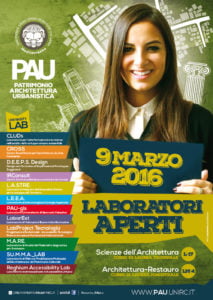
http://www.unirc.it/comunicazione/articoli/15768/9-marzo-giornate-di-orientamento-del-pau-laboratori-aperti-universitylab-dalle-900-in-aula-magna-architettura
http://www.pau.unirc.it/ricerca.php

